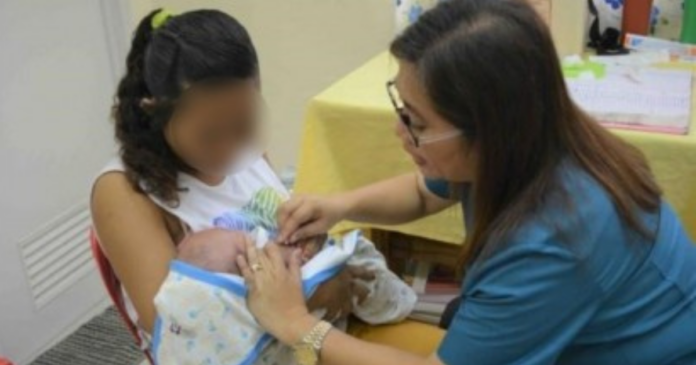Teen pregnancies in the Philippines are rising at alarming rates, with younger girls increasingly affected.
According to the Philippine Statistics Authority (PSA), births among girls aged 10-14 rose by 35% in 2022, with over 56,000 births recorded among girls aged 10-17 in the same year.
These numbers have prompted concerned groups to call for legislative action as current data trends suggest that adolescent pregnancies remain a growing concern to date.
Lawmakers have proposed the Adolescent Pregnancy Prevention Bill, authored by Senator Risa Hontiveros and backed by Senators Loren Legarda, Pia Cayetano, and Imee Marcos. The bill seeks to expand comprehensive sexuality education (CSE) in schools, increase adolescent access to reproductive healthcare, and provide social protection programs for teenage mothers, such as education assistance and livelihood training.
It also mandates stronger local government programs that focus on adolescent well-being, particularly in high-risk areas.
Hontiveros and supporters argue that stronger policies are needed to prevent adolescent pregnancies, provide better healthcare options, and protect young mothers from poverty and abuse.
Advocacy groups such as Save the Children Philippines, UNFPA, and the Philippine Legislators’ Committee on Population and Development (PLCPD) have also urged Congress to act, emphasizing the long-term economic and social impact of unaddressed teen pregnancies.
However, the bill faces major hurdles in Congress. President Ferdinand Marcos Jr. has voiced concerns over certain provisions, claiming they may promote a “woke mentality,” and expose minors to inappropriate content.
Following his remarks, at least seven senators withdrew their support, and Senate President Chiz Escudero called for revisions before reconsidering the bill.
Health Secretary Ted Herbosa argued that existing laws might already be sufficient to address teenage pregnancies, casting further doubt on the bill’s passage.
With the 19th Congress nearing its end, the bill is running out of time. Lawmakers face pressure from advocacy groups to act quickly, but political opposition and election considerations make its future uncertain.
If the bill fails to pass, proponents will have to reintroduce it in the next Congress, delaying urgent measures to curb adolescent pregnancies.
As debates continue, teenage pregnancies remain a critical public health and social issue, affecting education, health, and economic opportunities for thousands of young Filipinas.
Without stronger policies, the country risks seeing even higher rates of early pregnancies in the coming years.



